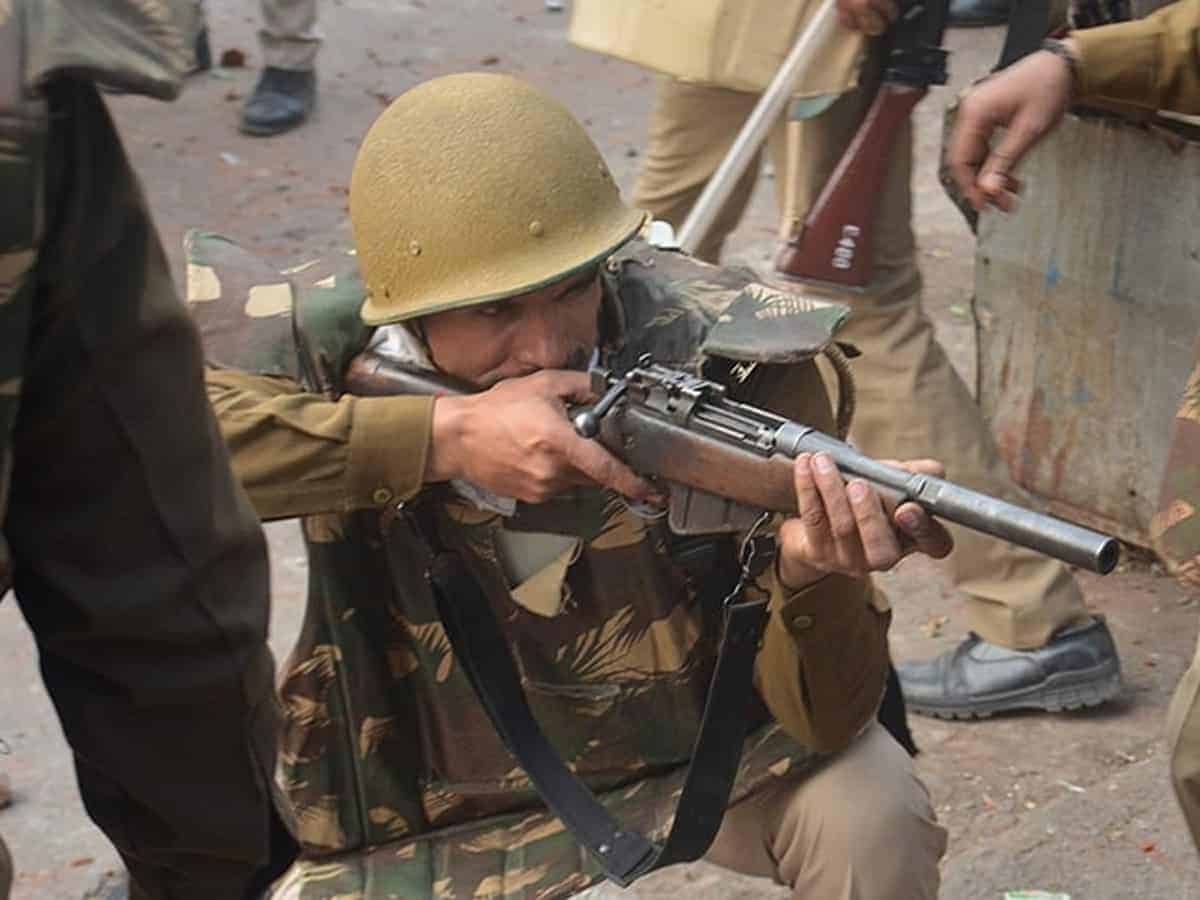New Delhi: As cases against protesters charged with rioting, violence lodged by the UP Police personnel during the anti-CAA protests in December began failing legal scrutiny with Courts granting bail in these cases, the UP government has taken a different course of action to subject innocent Muslim community to torture and to try them for riots, violence cases.
According to reports, the Muzaffarnagar police failing the legal scrutiny in courts have invoked a stringent provision of the Juvenile Justice (Care and Protection of Children) Act, 2015 claiming the protestors used children “for illegal activity,”- a month after it booked 107 people, Indian Express reported.
The Police have invoked Section 83 (2) of the JJ Act against at least 33 accused named in an FIR on December 21 at the Civil Line police station in Muzaffarnagar.
The FIR also included 3,000 unknown accused.
Any individual guilty under this charge can end up with prison time for seven years, with so far, 33 of the 107 accused in the FIR have been granted bail and 14 of them after being booked under the JJ Act.
Additional Sessions Judge Sanjay Kumar Pachauri passed the first bail on January 17 ordering the release of accused Mohammed Shehzad and Sahib.
Reports said the police had earlier moved an application before the Chief Metropolitan Magistrate, informing the court it would invoke the JJ Act provision.
When the police failed the legal scrutiny, in order to try the Muslim community with charges of riots, violence, the police invoked the additional charge JJ Act provision almost a month after the incident.
The FIR lodged based on testimonies of police personnel deployed at the protest site had no mention of any children indulging in any “illegal activity”.
The FIR stated: “The accused person, present at the Madina Chowk. indulged in rioting. created an atmosphere of terror, forcing everyone to shut their shops. They also destroyed public property and indulged in arson. Police officers were also injured and taken for medical examination. The accused was also involved in stone-pelting with intention to harm police deployed at the spot.”
The sessions court granted bail relying on Supreme Court judgments stating that Article 21 of the Constitution, which deals with protection of life and personal liberty, is one of the important factors in deciding grant of bail.
The other accused granted bail include Wasim, Asif, Shavez, Sartaj, Shahnawaz, Waseem, Nouman, Ikram, Raja, Zeeshan, Kalim and Dilshad.
Failing the legal scrutiny, the Police invoked the additional charge after atleast 19 individuals were released on bail due to lack of evidence or after the withdrawal of charges of grievous offences.
While in the case of five accused, police themselves granted bail under Section 169 of the Code of Criminal Procedure which is invoked when “evidence is deficient”.
The other ten individuals were released by the sessions court after police were only able to prove that they had prima facie violated prohibitory orders, and were not involved in rioting or attempt to murder.


